It started off as a way to fulfill the Muslim woman’s desire to buy makeup that respected Islamic law. Now, India’s halal beauty market is pegged at Rs 15,000 crore, and dictated by the ethical female consumer
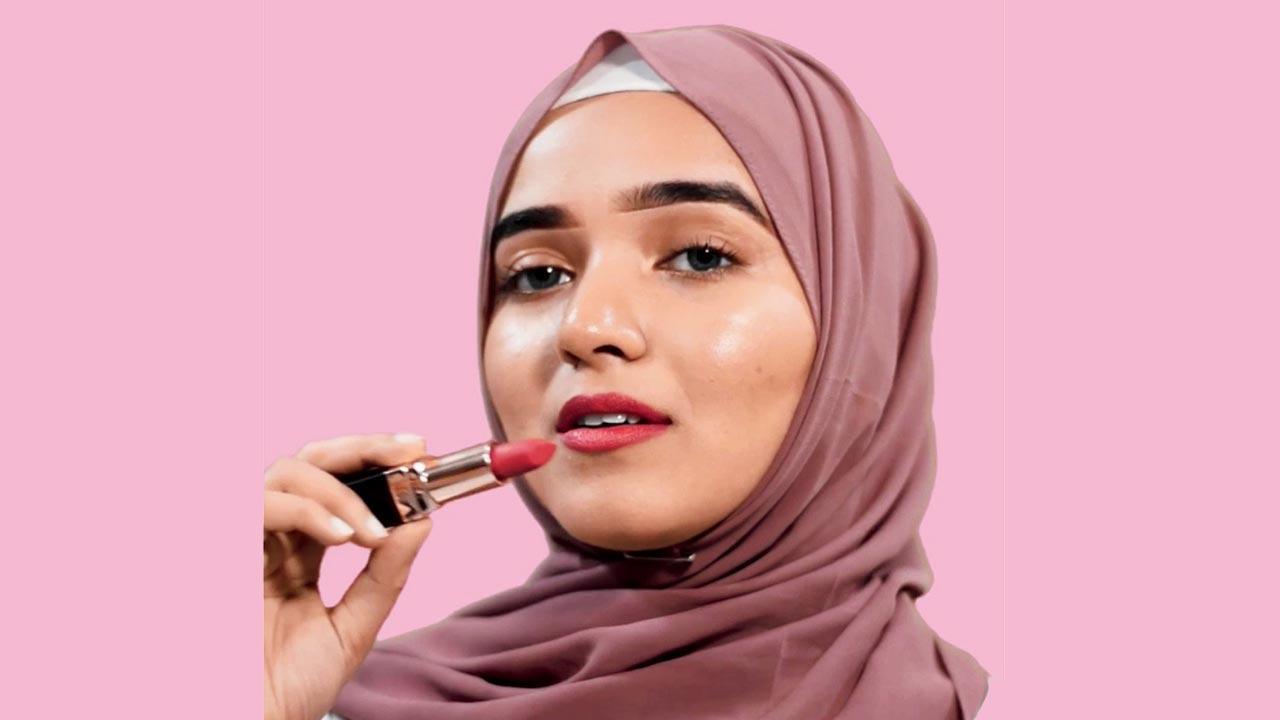
Anah Ashraf Shaikh, 23, is one of many influencers who test drive beauty products that don’t use ingredients the Sharia law prohibits like alcohol. She has 1.7 million followers
Most conversations around halal usually revolve around food. But India is slowly making room for a fast-growing cosmetic industry that’s also halal. Pegged at Rs 15,000 crore, the halal make-up industry is not just targeting Muslim women, who want to use products made from items and ingredients permitted by Islamic law, but also women drawn to a cruelty-free lifestyle.
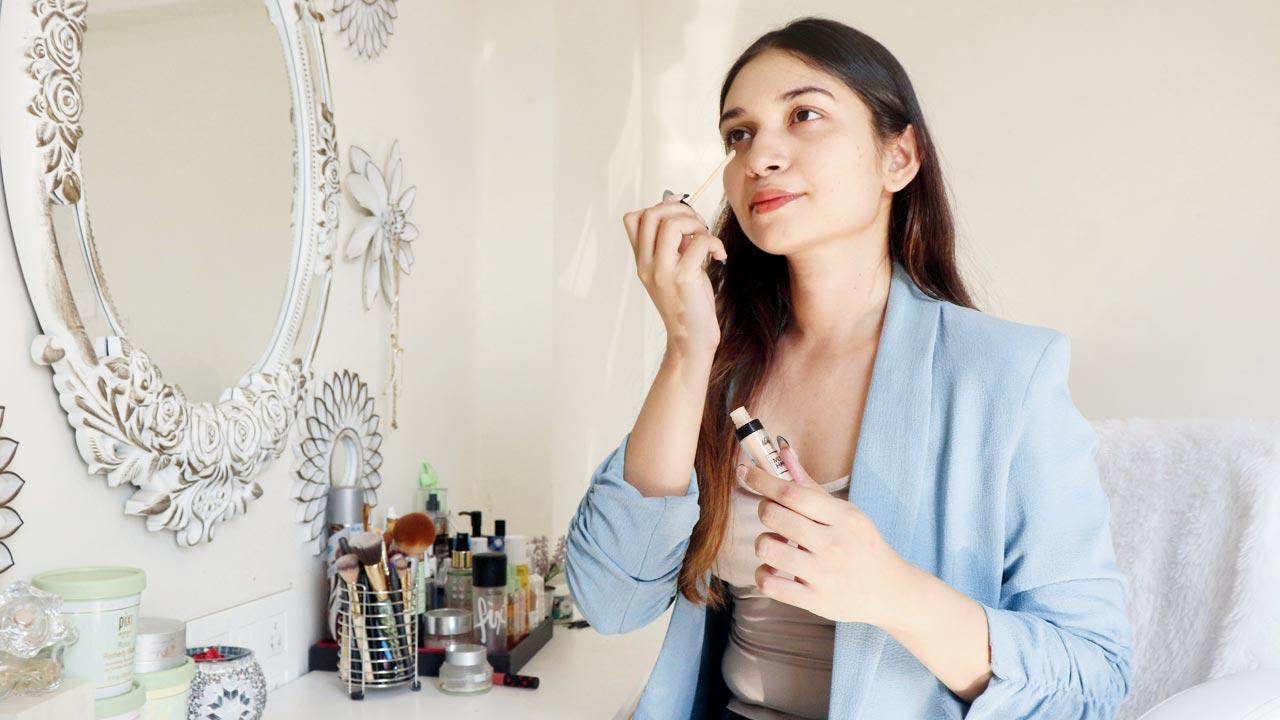 Social media influencer Zakera Bagban, 27, says she does not need to worry about praying while wearing halal skincare products and cosmetics Pics/Anurag Ahire
Social media influencer Zakera Bagban, 27, says she does not need to worry about praying while wearing halal skincare products and cosmetics Pics/Anurag Ahire
Iba Cosmetics was the pioneer in halal make-up in India when it first launched in 2014, after being green-lighted by Halal India, which certifies food, tourism, meat, bakery and pharmaceuticals. Today, there are a variety of brands offering a range of products. In fact, around nine per cent of Halal India’s total certification has been in the cosmetic and personal care industry. “Halal is that which is permitted for consumption in Islam, be it from the perspective of food or also as a way of life,” says Mauli Teli, CEO of Iba Cosmetics.
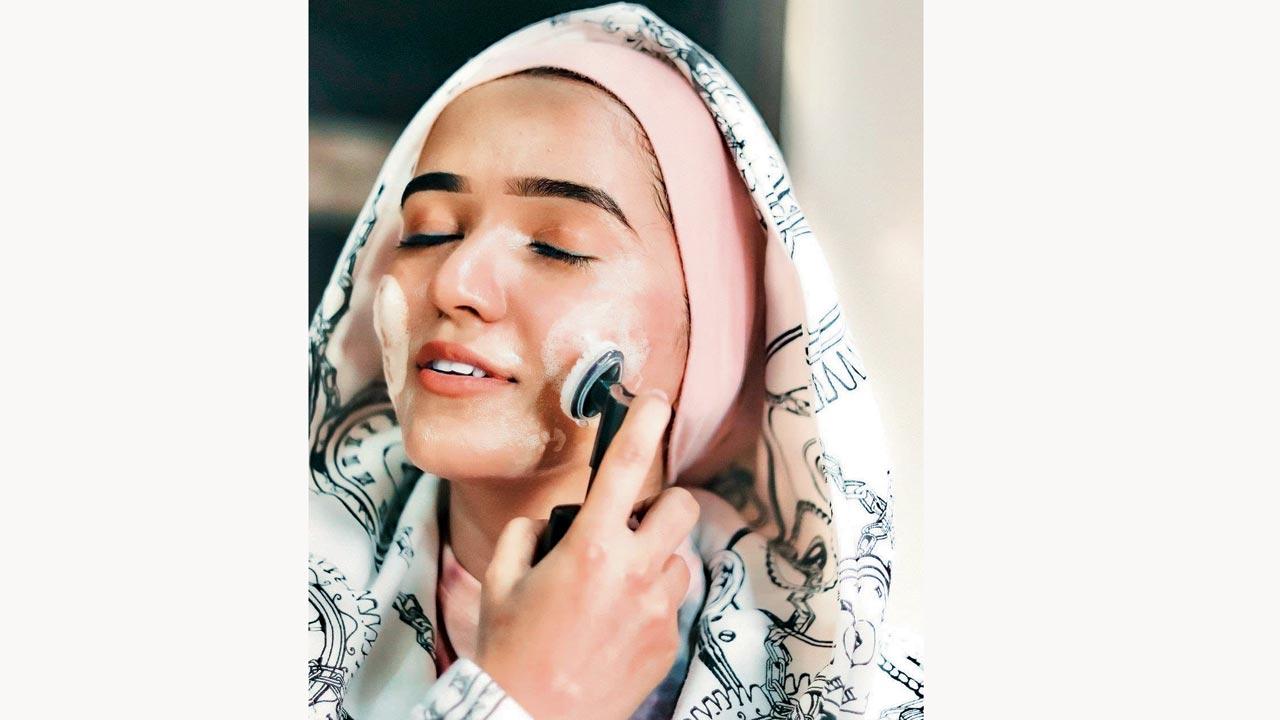 Influencer Anah Ashraf Shaikh, 23, started using halal range of cosmetics three years ago. She continues to use them as they are light on the skin and not made with ingredients forbidden in Islam, like pig extracts or alcohol
Influencer Anah Ashraf Shaikh, 23, started using halal range of cosmetics three years ago. She continues to use them as they are light on the skin and not made with ingredients forbidden in Islam, like pig extracts or alcohol
Teli and her sister Grishma, 36, who is co-founder, launched Iba to meet the gap for beauty products catering to Muslim women in India. “We did market surveys and reached out to consumers across the country. Halal beauty was the one unique thing that came up when we sought responses from Muslim women. They wanted to wear make-up, put nail paints and use hair colours, but they were bound by religious ideals and wanted products that were halal. In essence, they wanted to be sure the products had no pig fat or alcohol, and were wuzu-friendly for them to perform their daily namaz.” Wuzu is ablution done prior to offering of every namaz—one of the criteria is that water should touch every part of the skin being washed. Make-up that’s wuzu-friendly implies that the product does not leave a non-permeable cast on the skin. A coat of nail paint often disregards this important requirement as water is not able to seep through it.
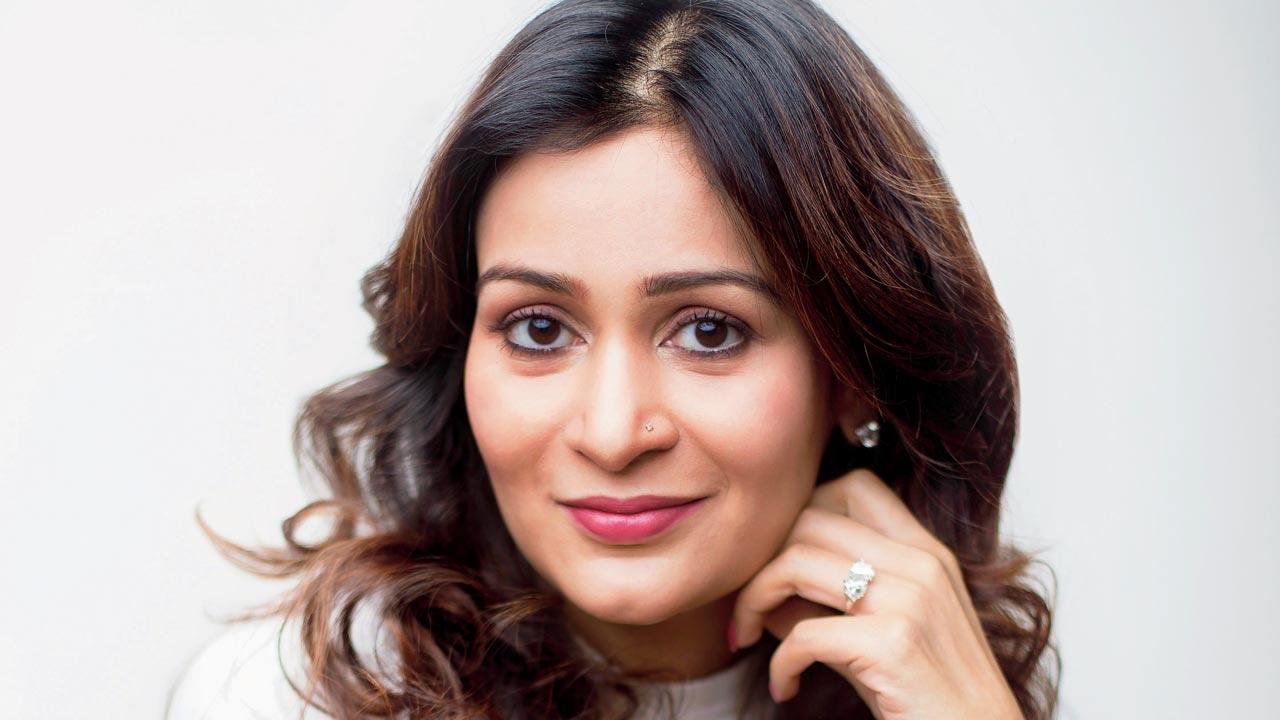 Dr Geetika Mittal Gupta
Dr Geetika Mittal Gupta
Teli claims that “a lot of consumers said they don’t apply nail paint, or do so when they are menstruating and cannot offer namaz”. “We tied up with French company Fiabila that has a patented formula for breathable nail colour. They use very few chemicals and the formula has a molecular structure that allows water vapours to pass through the coating.”
It’s what led influencer Zakera Bagban, 27, to try halal cosmetics: “I no longer need to worry about having make-up on when praying.”
 Dr Jaishree Sharad
Dr Jaishree Sharad
Maulana Sufyan Nizami, who is spokesperson of Lucknow-based seminary, Darul Uloom Ferangimahal, however, has his doubts. “Women using the nail paints will have to physically verify these claims. After application, they should see if water is really passing through the coating or not, for the product to be called permissible for wuzu. As far as other halal-certified beauty products go, it’s okay to use them if they do not use elements from animals or processes which may be out of the purview of halal processing.”
 Ankit Mahajan
Ankit Mahajan
Twenty three-year-old Anah Ashraf Shaikh is a fashion and lifestyle influencer with 1.7 million followers on her Instagram. Shaikh has been using foundation, concealer, lipstick, kajal, compact and eyeliner among other things from the halal beauty segment. “I started using products from Iba Cosmetics and later tried Zayn and Myza. I don’t necessarily believe in halal nail polish because of namaz requirements, but I am satisfied that the other products are halal and don’t have any elements of pig or alcohol. The halal certification adds to the trust. They are of superior quality too, light on the skin and did not give me any breakouts.”
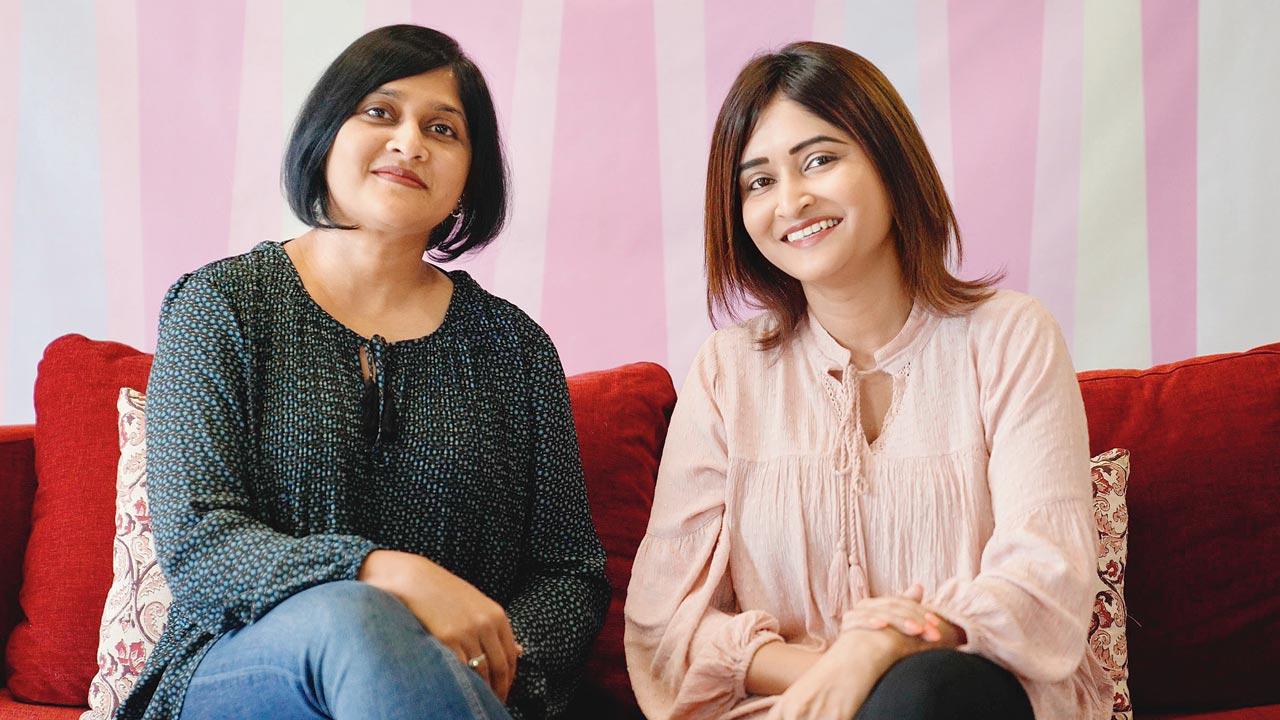 Mauli Teli and Grishma Teli launched Iba Cosmetics for clients keen on using halal cosmetics and skincare
Mauli Teli and Grishma Teli launched Iba Cosmetics for clients keen on using halal cosmetics and skincare
Singapore-based conglomerate of brands, Believe PTE Ltd, recently made a huge investment of $10 million in Iba Cosmetics. According to its CEO Ankit Mahajan, halal beauty is projected to be a “$80 billion market globally by 2025”. “We are catering to a targeted audience, so that they can look and feel beautiful without compromising on their belief system. Investing in a vegan and halal brand is our way of serving our consumers even better.”
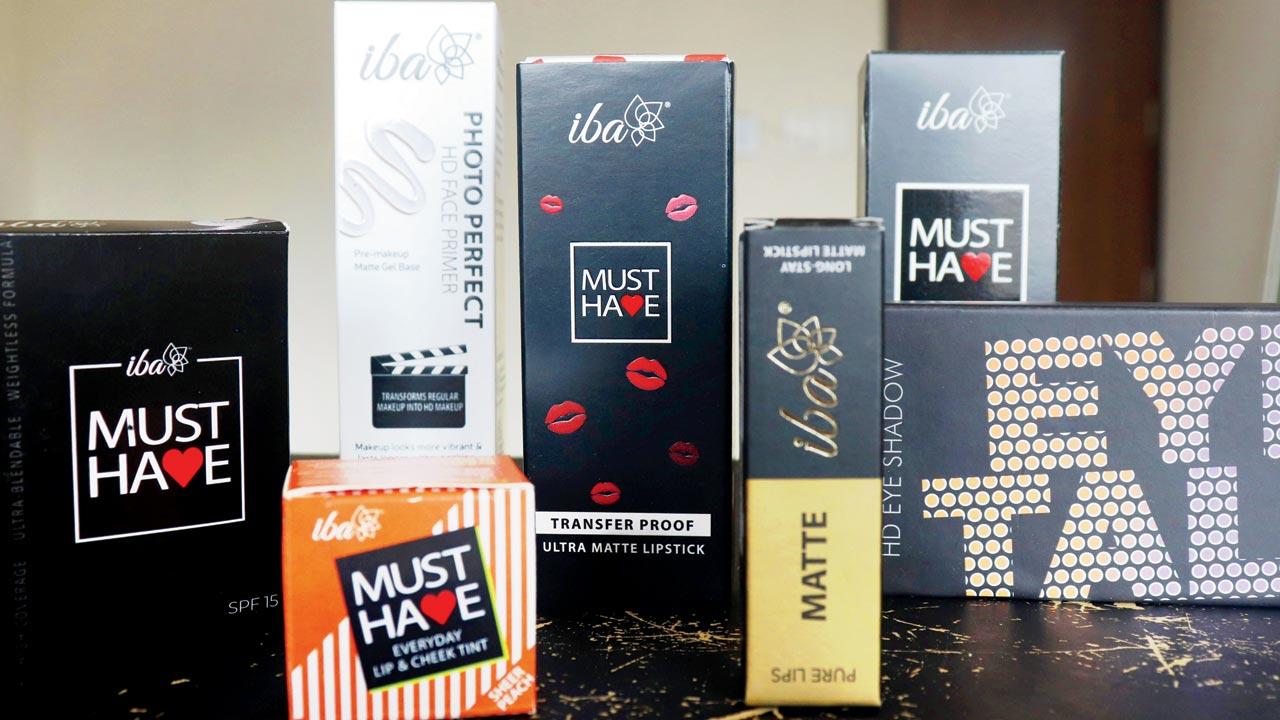
Aesthetic physician, cosmetologist and founder of ISAAC Luxe, International Skin and Anti-Aging Centre, Dr Geetika Mittal Gupta agrees. “The concept signifies a sustainable, clean, and ethical approach to skincare. The terminology has had a positive impact on the beauty segment and because of it, more and more skin products are being manufactured as cruelty-free, vegan-friendly and following purity concepts while processing, developing and distributing.” She adds, “Beauty products are now tilted towards ethical sourcing. Due to their purity and consistency, halal products are rapidly growing in the market, spreading to non-Muslim consumers, too.”
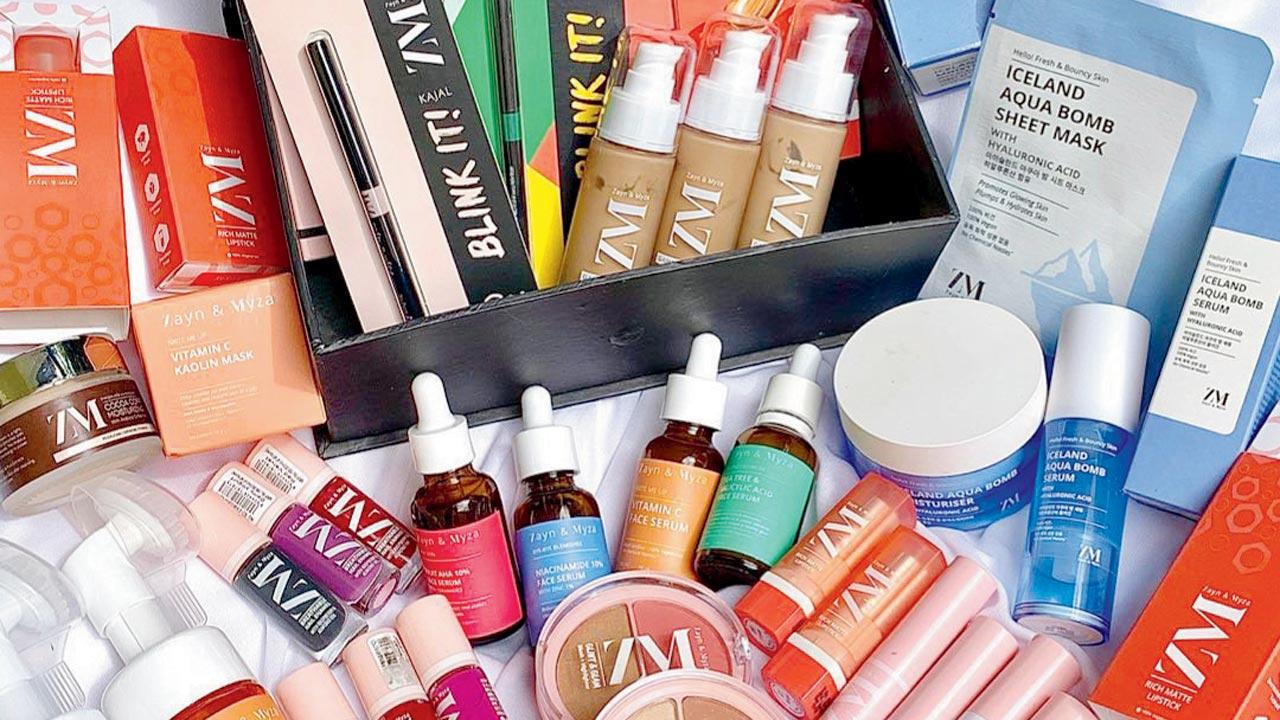 Halal beauty products are said to be water-permeable and breathable, and comply with Islamic beliefs around halal ingredients
Halal beauty products are said to be water-permeable and breathable, and comply with Islamic beliefs around halal ingredients
But cosmetic dermatologist Dr Jaishree Sharad is not convinced. “It is heart-warming that these products are neither tested on animals, nor use any animal matter. Alcohol-free products mean lesser chances of irritation and dryness of the skin, too. But water permeable and breathable cosmetics or skincare products make little sense. Skin has its own defence mechanism and if you use the right skincare products meant for your skin type, you wouldn’t really have to use breathable products.”
 Maulana Sufyan Nizami
Maulana Sufyan Nizami
She further states that, “pig matter, fatty acids, alcohol are used for better penetration of a cosmetic or a skincare product”. “Without them, one has to rely on nano-sized particles or even tinier molecules, which could lead to penetration of harmful ingredients into the skin. Whether halal or not, make-up can be skin-friendly if the chemicals or ingredients used are either harmless or are present in such low concentration that they do not damage the skin,” she says.
 Subscribe today by clicking the link and stay updated with the latest news!" Click here!
Subscribe today by clicking the link and stay updated with the latest news!" Click here!










